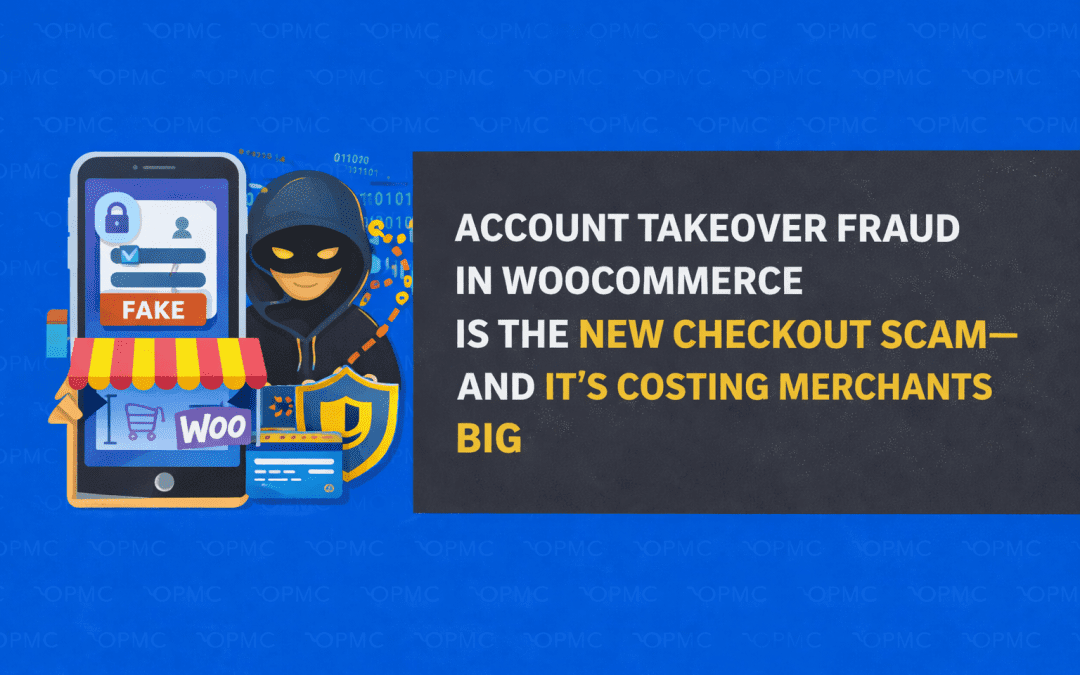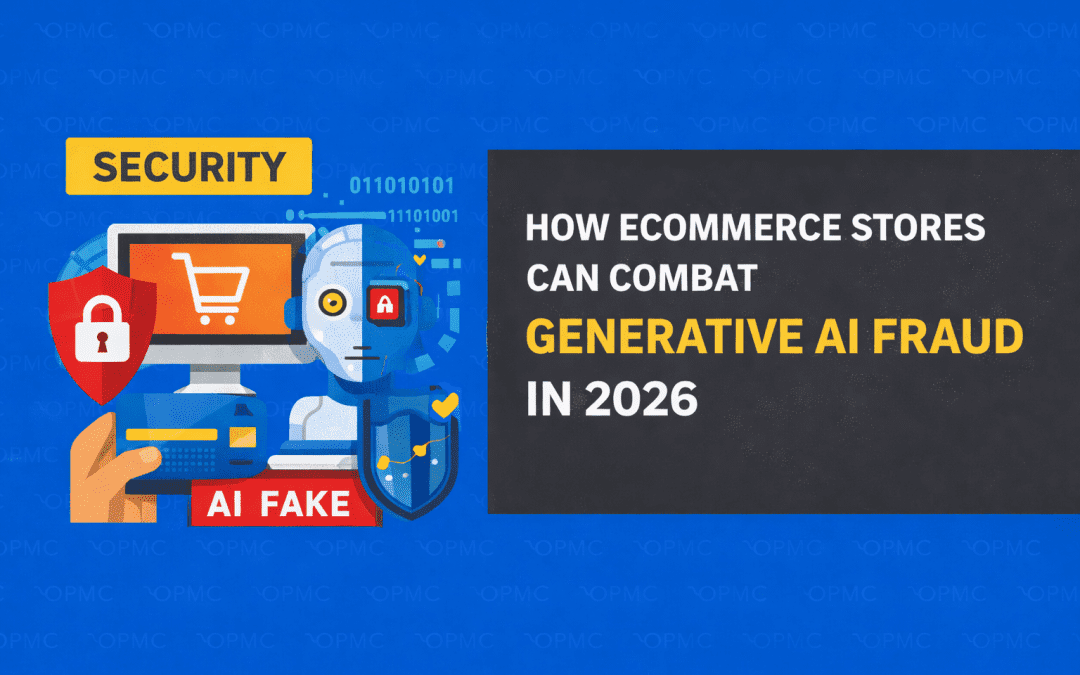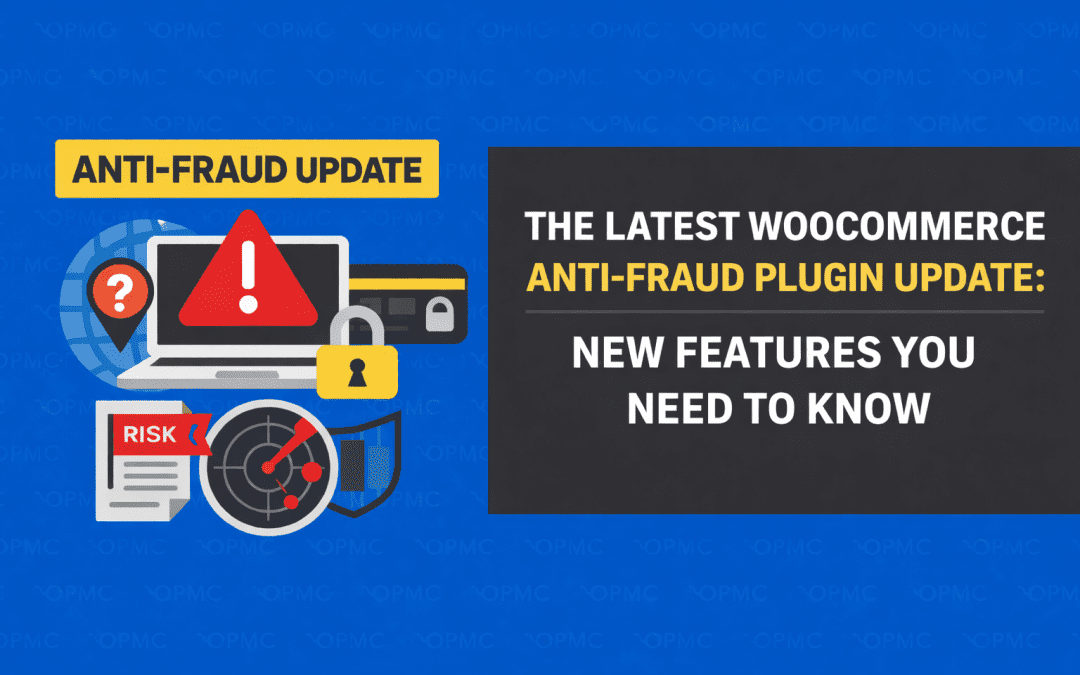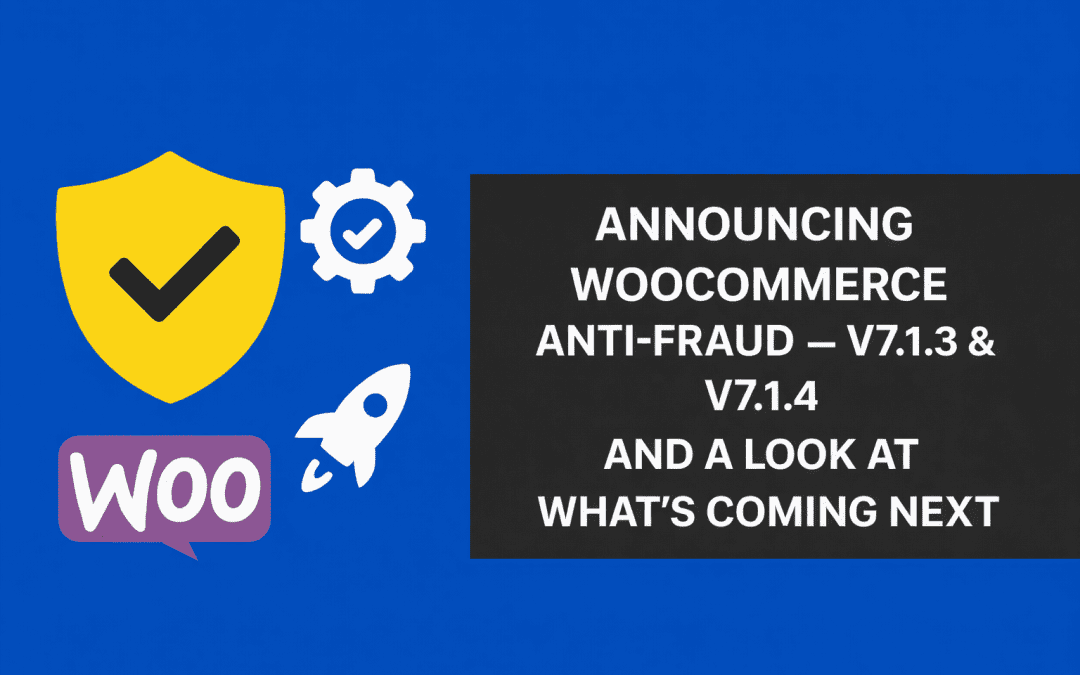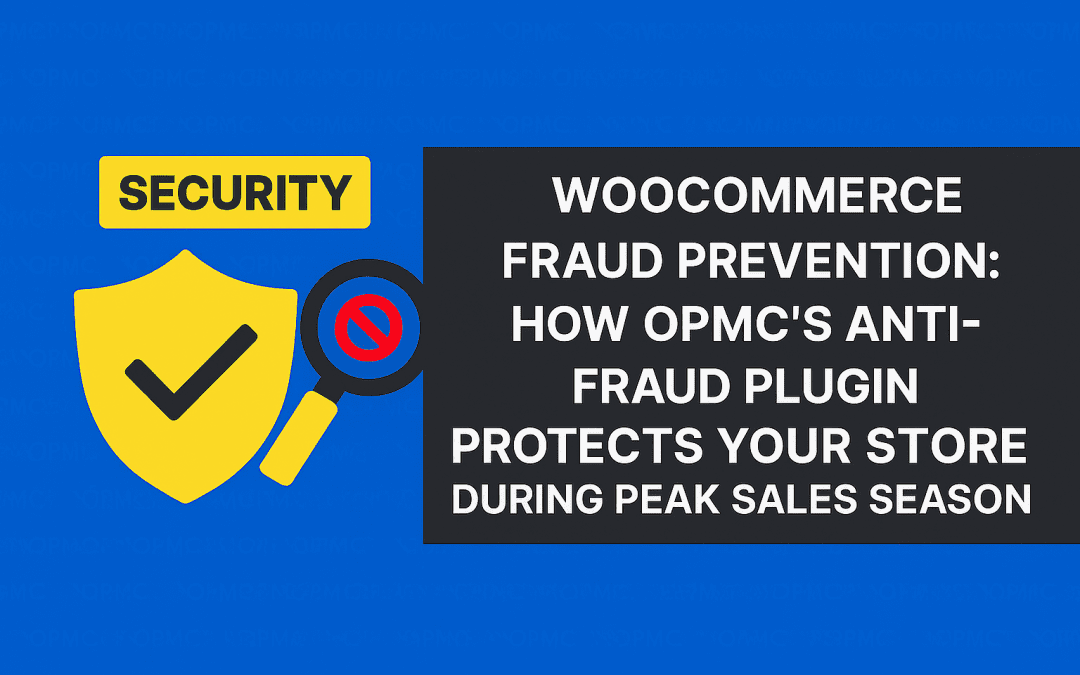Social proof is a powerful way to persuade others to act in a certain way. Social proof is essentially the idea that if others are doing something, we should do it too. For example, if your friends are engaged and getting married, you’re more likely to get engaged yourself than if they were single. The same principle applies to ecommerce purchasing decisions. If people see other people have already bought from your store or clicked on an ad for your product, they’ll be more likely to buy from you too.
If you’ve ever wondered why people flock to a particular website or what makes an online store more profitable than another, then social proof is the answer. This is a psychological phenomenon in which people assume the actions of others reflect the correct behaviour for a given situation. It can be seen as a type of conformity within groups when individuals are unsure of what to do.
Social proof can have powerful effects on your customers’ ecommerce purchasing decisions – especially if you’re selling something that’s new or unfamiliar to them, but it takes time and effort to implement correctly.
Types of Social Proof
You may have noticed that some ecommerce sites include customer reviews, social proof, and other forms of public endorsements as a means of persuading users to convert. But why do these strategies work?
The answer is simple: social proof makes us feel safer when we make decisions, especially when we’re buying something online.
There are many ways to cultivate social proof for your ecommerce store, including:
User Reviews
User reviews are a great way to build trust with your customers. They can help customers overcome objections, increase the perceived value of a product and lead to more sales.
For example: if you’re selling a high-end phone case for $50, then having 100+ 5-star user reviews mean people will likely be more willing to buy it than if there were only 1 or 2 4-star reviews from people who didn’t like it.
Social Media Testimonials
Social media testimonials can be a great way to boost your sales. These are a form of social proof, and they’re becoming more common in online shopping. Social media testimonials can be positive or negative, depending on how you use them.
You should also consider that if you want to get more sales from your customers, you will have to do something different than just posting their words around in hopes that they will convince someone else. Using video and image testimonials goes a lot further.
Influencer Endorsements
Influencer endorsements are another way to build trust and credibility. Influencers are thought leaders who have large audiences, which makes them an excellent choice for endorsement campaigns. They can be celebrities, bloggers, or even industry experts. The most influential people on social media tend to be well-known in their particular field of interest, so they can help you reach your target audience with ease.
Case Studies & Success Stories
These types of case studies and success stories are more effective than other types of user-generated content, such as testimonials. In fact, they’re more effective than user reviews in some cases because they tend to be more personal and honest about the experience.
The person who wrote a successful case study probably didn’t get paid for their time or effort — which means that they are more likely to be honest about their experience with your brand than someone who received compensation for publishing positive comments about you.
How Social Proof Impacts the Buying Process
Social proof is a form of persuasion that’s based on the actions of others. It can convince buyers still on the fence by making your products, services, and ecommerce brand more relatable through:
Building Trust
Making a purchase from a new ecommerce store is a matter of trust. Buyers believe they will receive the promised items or services in the way they were described online. Without that trust, you will not get any sales because buyers will be weary that you are going to steal their money and run. With social proofs from real people buyers get confident and it would be easier in making ecommerce purchasing decisions.
Increasing Perceived Value
The effect of social proof on perceived value is a bit different than the others, as it’s not immediate. Instead, social proof increases the trust that potential customers have in your company and product. This increase in confidence leads to a rise in perceived credibility and authority, which means you’re more likely to be chosen by consumers as the best choice.
Overcoming Objections
Social proof can also be used to overcome objections. If a visitor has a question or concern about the product, you can address it in your social proof testimonials.
For example, if a customer is worried about whether or not the product will fit their needs, you could share testimonials from other people who have used your product with similar needs and had great results. This way, they know that other customers have made this decision before and there’s nothing wrong with their choice.
Implementing Social Proof in Ecommerce
Social proof can be implemented in many ways, but the most effective methods are the ones that include highly relatable user-generated content. These can be embedded in your product description or on a separate page of their own. This UGC should not be generic statements like “I love this product!” or “The best thing I ever bought!” Instead, they should focus on how specific products helped solve problems and meet needs.
By striving for authentic language from real customers rather than stock copy written by the company itself, you’ll build trust and authority with potential buyers by showing them that other people have invested in your business enough to actually write about it online.
The Future of Social Proof in Ecommerce
The future of social proof in ecommerce is bright. As more people browse, buy, and sell on the internet, they’re going to continue to look for feedback from others.
Social proof will evolve into a more personal experience and get integrated into the ecommerce experience itself. For example, shoppers can expect to see more personalized information that helps them make better decisions based on the buying habits of similar customers or even friends who have purchased the same product.
When you see that celebrity, influencer, or a friend wearing a dress from a store on Instagram, you might feel compelled to purchase that same dress for yourself. This is an example of how external social validation affects ecommerce purchasing decisions.
When customers see other people using or talking about products in your store, they are more likely to buy those same products because they see themselves as part of this community with similar values or interests.
Conclusion
Social proof is a powerful tool that can be used to increase sales and build trust with customers. It’s important to note that different types of social proof will have different impacts on your customer’s ecommerce purchasing decisions, so it’s essential to consider what type would best suit your brand and audience.
One of the most reliable ways to build up social proof is by improving your customer shopping experience. For that, we suggest installing the Customer Support for WooCommerce plugin from our team at OPMC. This gives you 24/7 access to valuable support services that can answer questions and improve the overall engagement of leads, so they feel encouraged to generate more social proof that boosts your ecommerce reputation.
Download Customer Support for WooCommerce plugin
This gives you 24/7 access to valuable support services that can answer questions and improve the overall engagement of leads, so they feel encouraged to generate more social proof that boosts your ecommerce reputation.

